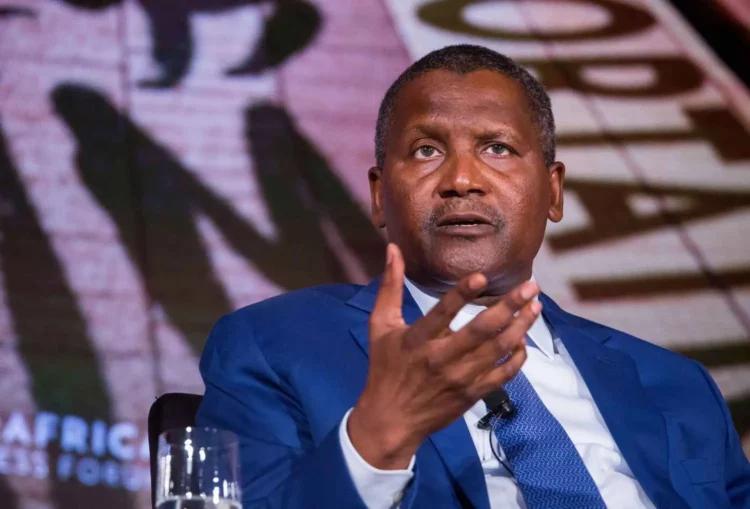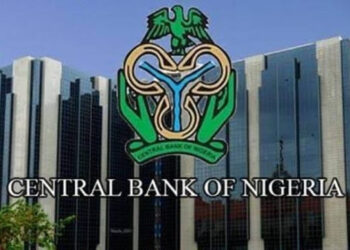Dangote has criticized CBN’s 26% interest rate.
Glamtush reports that Chairman and Chief Executive Officer of Dangote Group, Aliko Dangote, has criticised the latest increment of interest rate to almost 30 per cent by the Central Bank of Nigeria (CBN).
This online news platform gathered that at the opening session of a three-day summit Organised by the Manufacturers Association of Nigeria (MAN) at the Banquet Hall of the State House, Abuja, on Tuesday, Dangote said businesses could not cope with the current rate.
In May, following a two-day meeting, CBN’s Monetary Policy Committee (MPC) agreed to increase the Monetary Policy Rate (MPR) from 24.75 per cent to 26. 25 per cent.
“The Monetary Policy Committee (MPC) of the Central Bank of Nigeria (CBN) held its 295th meeting on the 20th and 21st of May 2024 to review recent economic and financial developments and assess risks to the outlook.
“Decisions of the MPC. The committee’s decisions are as follows: 1. Raise the MPR by 150 basis points to 26. 25 per cent from 24.75 per cent,” said CBN Governor, Yemi Cardoso.
However, while speaking during the manufacturer’s summit on Tuesday, Dangote noted that “Nobody can create jobs with an interest rate of (about) 30%. No growth will happen.”
He also called on the government to protect existing businesses in the country, especially manufacturers by providing an enabling environment for them to thrive.
According to him, an import-dependence country is equivalent to poverty importation.
“No power, no prosperity. No affordable financing, no growth, no development,” he explained.
Dangote said for the government to address the challenges of unemployment, poverty and insecurity, the manufacturing sector must be empowered to function optimally.
MAN also criticised government policies and attitude, saying they were responsible for the low performance of the manufacturing sector in the country.
The event had in attendance, Vice President Kashim Shettima and other government officials.
In his remarks, the President of MAN, Francis Meshioye said over 70 manufacturers have exited the sector between 2019 and 2022.






















